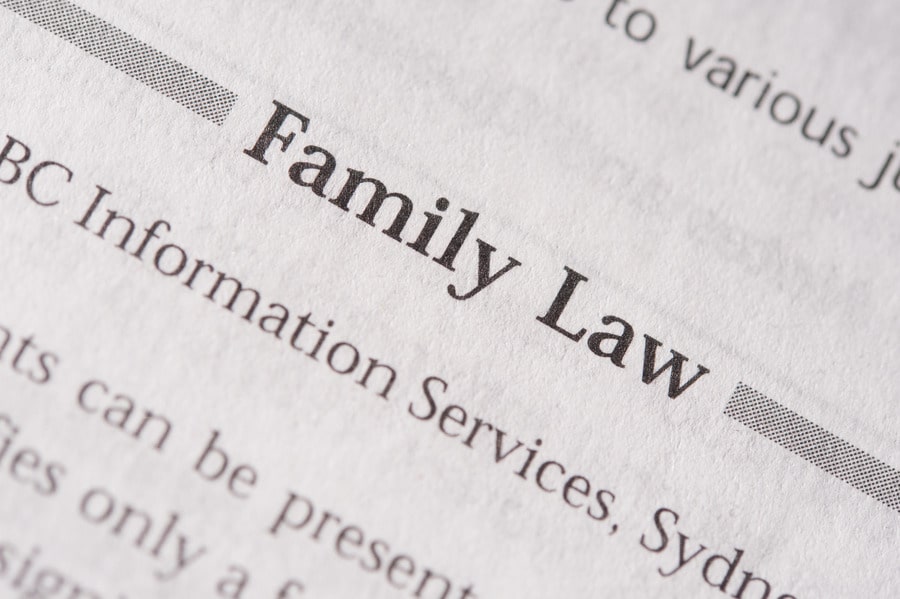What’s the legal procedure for dividing property in a divorce based on the theory of equitable distribution? If the spouses cannot agree on how to divide their community property, the court will do so according to the property’s value on the date of dissolution. If a state is an equitable distribution state, the court will divide all marital property in an equitable manner.
California is an equitable distribution state, so when two spouses divorce or undergo a judicial separation, their marital assets must be divided equitably. A property settlement agreement is a written contract that specifies which spouse will receive which assets and property from the marriage. This agreement will also detail the responsibilities of the divorcing spouses regarding the division of their marital assets.
Family law property division is the process of dividing all assets and liabilities acquired during the marriage. When a couple cannot reach an agreement through mediation regarding the division of their property, they may submit their agreement to the court for review. The court will then divide the marital assets in accordance with what is deemed an equitable distribution.
This is determined by factors including each spouse’s contribution to the marriage, their age and health, their prospective earning potential, and any other pertinent circumstances. In general, a judge will assign each spouse a 50 percent share of any joint marital assets or liabilities. If a couple can submit an agreement that divides their assets and debts equitably, the court will likely accept it; if not, the judge may determine how to divide them.
Does Each Spouse Receive 50/50?
The court must divide the community property equitably between the husband and wife, but this does not necessarily mean that each spouse will receive fifty percent of the total value of all assets. In some instances, one spouse may receive a larger settlement than the other. A judge will decide how to divide the couple’s property after evaluating any agreement reached by the parties regarding the division of their assets.
In a divorce, community property encompasses any property acquired by either spouse during the duration of the marriage, such as a home. In the majority of states, the court does not consider fault when making this determination, but rather devises an equitable property distribution for both parties. If one party has made improvements to the property, that party may have an equitable interest in the property.
The court will consider the circumstances of each spouse and any investments, real estate, or family business that may be included in the assets. The court will evaluate both parties’ assets and earnings to determine what is equitable for both parties. It is up to the parties to agree on how their assets should be divided, but if they are unable to do so, it is up to a judge. Dont hesitate to contact us if you need help with anything in regards to family law and/or asset distribution in Los Angeles. We have offices located in Santa Monica and Sherman Oaks, California.


